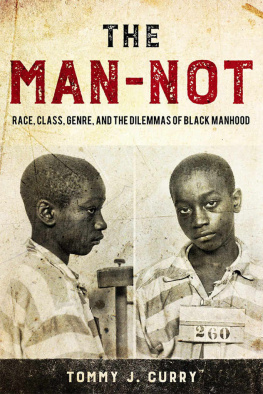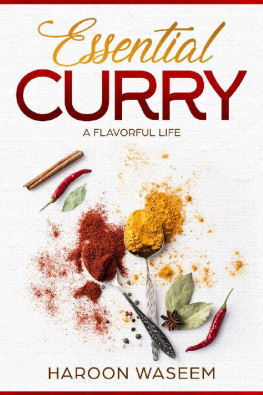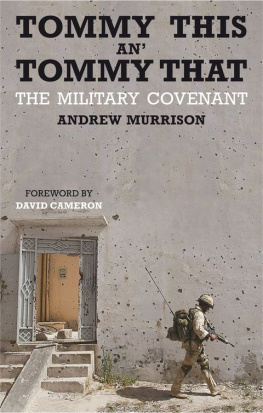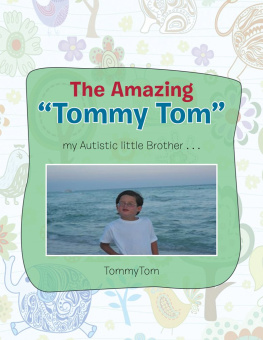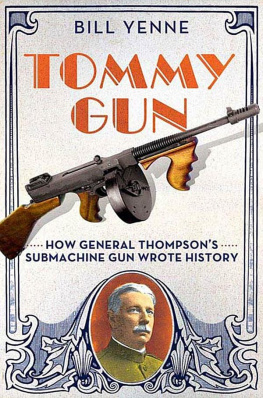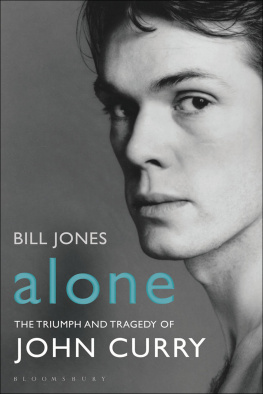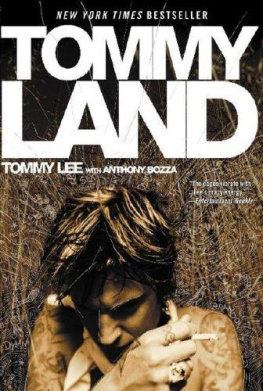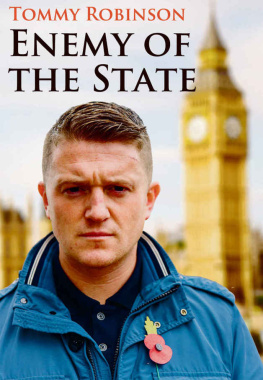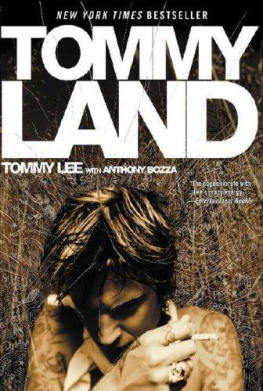Tommy J. Curry - The Man-Not
Here you can read online Tommy J. Curry - The Man-Not full text of the book (entire story) in english for free. Download pdf and epub, get meaning, cover and reviews about this ebook. year: 2017, publisher: Temple University Press, genre: Politics. Description of the work, (preface) as well as reviews are available. Best literature library LitArk.com created for fans of good reading and offers a wide selection of genres:
Romance novel
Science fiction
Adventure
Detective
Science
History
Home and family
Prose
Art
Politics
Computer
Non-fiction
Religion
Business
Children
Humor
Choose a favorite category and find really read worthwhile books. Enjoy immersion in the world of imagination, feel the emotions of the characters or learn something new for yourself, make an fascinating discovery.
- Book:The Man-Not
- Author:
- Publisher:Temple University Press
- Genre:
- Year:2017
- Rating:4 / 5
- Favourites:Add to favourites
- Your mark:
- 80
- 1
- 2
- 3
- 4
- 5
The Man-Not: summary, description and annotation
We offer to read an annotation, description, summary or preface (depends on what the author of the book "The Man-Not" wrote himself). If you haven't found the necessary information about the book — write in the comments, we will try to find it.
The Man-Not — read online for free the complete book (whole text) full work
Below is the text of the book, divided by pages. System saving the place of the last page read, allows you to conveniently read the book "The Man-Not" online for free, without having to search again every time where you left off. Put a bookmark, and you can go to the page where you finished reading at any time.
Font size:
Interval:
Bookmark:
THE MAN-NOT

TEMPLE UNIVERSITY PRESS
Philadelphia, Pennsylvania 19122
www.temple.edu/tempress
Copyright 2017 by Temple UniversityOf The Commonwealth System of Higher Education
All rights reserved
Published 2017
Library of Congress Cataloging-in-Publication Data
Names: Curry, Tommy J., 1979 author.
Title: The man-not : race, class, genre, and the dilemmas of black manhood / Tommy J. Curry.
Description: Philadelphia : Temple University Press, 2017. | Includes bibliographical references.
Identifiers: LCCN 2016049920 | LCCN 2017010224 (ebook) | ISBN 9781439914878 (ebook) | ISBN 9781439914854 | ISBN 9781439914861
Subjects: LCSH: African American men. | African American menRace identity. | BISAC: SOCIAL SCIENCE / Ethnic Studies / African American Studies. | SOCIAL SCIENCE / Mens Studies.
Classification: LCC E185.86 (ebook) | LCC E185.86 .C986 2017 | DDC 305.38/896073dc23
LC record available at https://lccn.loc.gov/2016049920
9 8 7 6 5 4 3 2 1
This book is dedicated to my parents,
Mr. Tommy James Curry and Mrs. Shirley Mae Curry.
Its the one thing they cant take from you.
Contents
THE MAN-NOT
Introduction
Toward a Genre Study of Black Male Death and Dying
Addressing the Caricatures that Serve as Theory in the Study of Black Males
I SEE DEAD BLACK MALE BODIES, Black men and boys, in the streets. Dead Niggers made into YouTube sensations. I see their executions on the Internet: the corpses of Trayvon Martin, Michael Brown, little Tamir Rice cycled for eternity. I hear Jordan Daviss music and Sean Bells vows. I feel Black male death all around me and I am scaredscared that one day I will be forced to not speak. They shame me when I speak about Black men and boys. They threaten me with the names of white men. I hear: patriarch, sexist, misogynist as they condemn me for identifying the murderers and lynch mobs of Black males. They wear hoods with disciplinary embroidery whispering Nigger under their breaths. These Black and white faces stand guard at the gates of the academy, and I fear they will make me be still; they will kill me. They will force me to remain silent. I write this knowing that my words will not outpace the bullet of another gun transforming living flesh into rotting meat. I know as I write this that another Black man or boy will die. I know as I think about their deaths, the end of their lives is coming to be. This America makes corpses of Black males. It is simply the reality of our day that Black males die. This death, however, is shunned, cast out of the halls of the university, and avoided at all costs by disciplines. This reality has not transformed any of the decadent theories that tie Black manhood to the caricatures of the 1970s. Black men are thought to be latent rapiststhe Black Macho of oldviolent patriarchs, a privileged Black male, craving the moment he is allowed to achieve the masculinity of whites. These mythologies, of decades long gone, remain the morality of disciplines and the political foundation from which racist caricatures become revered concepts.
This is the precariousness that has come to define what Black men and boys endure as life. I write this book to give voice to the Black male coerced into silence: his experiences denied within disciplines and his realities refused by theory.
Theory is a fickle thing. The proliferation of discourses around sexuality over the past several decades has done little to clarify the relation between socially constructed gender categories (such as race and sex) and the biological bodies that possess them. Likewise, despite decades of debate, the category of masculinity remains indeterminate and somewhat vacuous, referenced almost solely by ones genitalia. The appearance of more complex theoretical advancements articulated by the crest of race, class, and gender has come to conceal rather than reveal significant and empirical aspects of Black (sexual) life. Imposing analytic categories on bodies as substitutable for depicting actual social or historical relations obscures both the quotidian and the repetitive phenomena that materialize as various social stratifications. It is not uncommon for (complex) theories of masculinity to stand in stark contradiction to the actually observable positions of the groups they aim to reference.
Whereas masculinities studies outside the United States have begun the arduous task of assessing the presumed linkage among maleness, patriarchy, and domination, feminist theory in the United States has come to emphasize masculinity as primarily patriarchal and to claim those masculinities that do not coincide with this dominant gender hierarchy for itselfas progressive and feminist-inspired. They insist:
Gendered power relations are dynamic, unstable and ambiguous, and dominant forms of masculinity do not always legitimize patriarchy. Therefore the question of mens patriarchal oppression of women must
While the male descendants of colonizers are recognized for the naturally occurring varieties of masculinities within their group, this insistence on multiple masculinities has often been denied to Black men who are the descendants of slaves. Theories concerning Black masculinity revolve around a fixed political idea in the United States that is deemed progressive by the extent to which it is sufficiently feminist and deemed patriarchal by the extent to which it is not. Unlike in mainstream masculinity scholarship, there have been few efforts to verify non-hegemonic Black masculinities sociologically or conceptually separate from the already established norms in gender studies. Black males, who are stereotyped as hyper-masculine and violent throughout society, are intuitively marked as patriarchal within theory. Instead of being similarly disrupted by the critiques of hegemonic masculinitys failure to account for the class and cultural diversity within white masculinities, hyper-masculinity is proposed as the phylogenic marker of Black maleness. Consequently, Black males are thought to be the exemplifications of white (bourgeois) masculinitys pathological excess. In other words, the toxic abnormality of a hegemonic white masculinity becomes the conceptual norm for Black men and boys.
Black males are often theorized as defective. As the gender theorist Arthur F. Saint-Aubin explains, Even when [B]lack men are the ostensible subjects (they are, in fact, objects) of workshops, special journals editions, etc., they are still marginalized theoretically and compared to a norm by which they are usually judged lacking.tions. Racism against Black men often results in their emasculation, criminalization, and death. Black men have not only survived but developed rich analyses of this oppression under the capitalist ethno-patriarchal regime we call white supremacy. However, their thoughts are not spoken of as positive programs capable of actually addressing their suffering. The concepts emerging from Black male experience are often described as pathological coping mechanisms fixated on Black males achieving their manhood at any cost, rather than liberatory ideas applicable to all Blacks.
Consequently, Black mens experiences of racism are framed as one-dimensional, narrow, and devoid of any analyses that understand the horrors of sexual violence. Such claims, however, severely underestimate the complexity of Black male subjugation under racist social systems and within periods of colonialization. As early as Calvin Herntons Sex and Racism in America, there has been a realization that racial hatred is carnal hatred... sexualized hatreda phallicism or process that criminalizes Black males as sexual threats like the rapist, while simultaneously constituting them as the carnal excesses and fetishes of the white libido. Racism is a complex nexus, a cognitive architecture used to invent, reimagine, and evolve the presumed political, social, economic, sexual, and psychological superiority of the white races in society, while materializing the imagined inferiority and hastening the death of inferior races. Said differently, racism is the manifestation of the social processes and concurrent logics that facilitate the death and dying of racially subjugated peoples.
Next pageFont size:
Interval:
Bookmark:
Similar books «The Man-Not»
Look at similar books to The Man-Not. We have selected literature similar in name and meaning in the hope of providing readers with more options to find new, interesting, not yet read works.
Discussion, reviews of the book The Man-Not and just readers' own opinions. Leave your comments, write what you think about the work, its meaning or the main characters. Specify what exactly you liked and what you didn't like, and why you think so.

